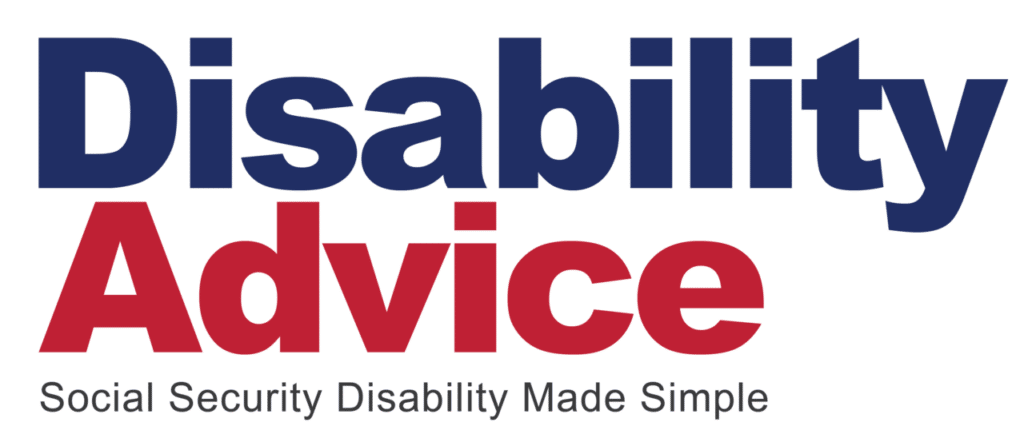Hundreds of thousands of North Carolina residents live with a disability and are unable to earn a living because of it. Government programs like Social Security Disability Insurance, or SSDI, and Supplemental Security Income, or SSI, are a lifeline for Americans of all ages who are financially struggling due to a disability.
However, accessing these key programs can be challenging due to confusing requirements and uncertain payment terms.
Disability Advice is proud to offer support and advocacy that can get you the benefits you deserve. Our team of lawyers can help you understand how much you can expect from North Carolina disability and what you’ll need to do to get it.
How Much Does Disability Pay in North Carolina?
At the end of 2024, over 278,000 disabled North Carolina workers received Social Security Disability Insurance payments. Each payment is individually calculated based on the recipient’s earning history, so there is no standard amount.
SSDI payments are based specifically on the number of years you’ve worked and what you’ve earned during that time. While each person’s SSDI payment calculations are unique, looking at broader data in North Carolina can give you an idea of what to expect when you apply.
In December 2023, the average SSDI monthly payment in North Carolina was $1,539.86, with a median of $1,444.70.
In North Carolina, 10.9% of recipients received less than $900, while 42.9% earned between $900 and $1,500. Another 29.4% received between $1,500 and $2,100, while the remaining 16.8% earned between $2,100 and the monthly maximum of $3,822.
Payments close to the monthly maximum require a work history with many high-earning years. Many people are still surprised by how much they can receive in North Carolina disability benefits.
How SSDI Is Calculated in North Carolina
Social Security disability benefits are based on your individual work history. First, the Social Security Administration looks at the number of years you’ve worked since turning 22 and tosses out your lowest-earning one to five years. The longer you’ve worked, the more years it will eliminate.
The SSA then multiplies your income from past years by an indexing factor. The factor is the average income for the year you start getting disability benefits divided by the average income for the past year in question. This process aims to account for inflation when calculating your payments.
After indexing, your yearly incomes are averaged together, and the result is divided by 12 to produce the average indexed monthly earnings, or AIME. Your AIME is then plugged into a formula to produce the final number—the primary insurance amount, or the PIA.
The PIA is a sum of a percentage of your AIME at different income levels—90% of the lowest third of your earnings, plus 32% of the middle third, and 15% of the top third. The three groups are defined by two “bend points” that the SSA sets yearly. In 2025, the bend points are $1,226 and $7,391.
Examples and Calculation Assistance
Suppose you have an AIME of $3,000. That means you’ve earned an average of $3,000 a month over your working career when adjusted for inflation.
Your SSDI payment will be 90% of the first bend point of $1,226, which equals $1,103.40, plus 32% of your AIME minus the first bend point, or $567.68. Added together, the two numbers equal $1,671.08, which is your PIA and your monthly SSDI payment.
SSDI math can be extremely complicated. Even folks who work with these calculations every day get confused sometimes. That’s why we offer an easy-to-use calculator to help you estimate your monthly SSDI payments before you submit your claim.
If you have any questions or are unsure how your monthly estimate is calculated, consult a Social Security lawyer.
Other Factors That Affect Disability Payments in North Carolina
When you initially apply for SSDI, your income history is the only factor considered when setting your payment. After you start getting disability payments, your benefits will be affected by the Cost of Living Adjustment, or COLA.
Every October, the SSA announces the COLA for the upcoming year. This adjustment is based on the Consumer Price Index for the previous year and helps ensure that Social Security payments, including SSDI, keep pace with the cost of living. The COLA for 2025 was 2.5%.
Because the COLA is a standardized amount, it may not adequately reflect your personal finances or the economic situation in your part of North Carolina. If you still need help making ends meet, talk to a disability attorney about additional programs you may be eligible for.
Unlike Supplemental Security Income or other government programs, SSDI doesn’t look at your marital status, living situation, or value of your assets. It’s solely based on your work history.
How Much Does a Disability Lawyer Cost in North Carolina?
Most disability lawyers in North Carolina work on a contingency fee basis. That means you don’t owe them anything up front. You only pay them a pre-agreed portion of your back due benefits if you win. The SSA caps the amount attorneys can charge at 25% of the past-due benefits, but no more than a maximum amount. In November 2024, the SSA raised the cap to $9,200.
You won’t owe your lawyer anything if you aren’t successful in getting SSDI, and any fees you do owe will come out of the lump sum of your back pay. Disability lawyers understand that you’re likely in a difficult financial situation if you’re applying for SSDI.
Most disability lawyers in North Carolina provide a free consultation to prospective clients. During this meeting, a lawyer will evaluate your case, let you know your chances of SSDI approval, and estimate how much you can expect. If you decide to be represented by a lawyer, you’ll sign paperwork, and they’ll start working on your case.
What Does a Disability Lawyer Do?
Though representation is not necessary for a disability claim, hiring a lawyer can boost your chances of success. They can advise you about what the SSA is looking for in your application, help you assemble compelling evidence, and guide you through the substantial paperwork requirements of the approval process.
Your lawyer will collect all of your medical records to show that you cannot work due to your condition. The SSA Blue Book lists specific disability criteria for a wide range of conditions. In some cases, your lawyer may ask you to have a specific medical test or see a specialist to meet one of the criteria. They may also collect testimony from family and former co-workers about how your condition affects your daily functioning.
Many successful disability claims are initially denied, but a lawyer can help you file an appeal and represent you at any hearing if necessary. A good attorney will be by your side from your initial application through the final resolution.
Need an SSDI Lawyer in North Carolina?
SSDI payments can make a big difference if you cannot work, providing financial stability when you need it most. North Carolina disability isn’t easy to get, but working with a Social Security lawyer gives you a better chance of success. An attorney can help you meet deadlines, collect evidence, and build a solid case.
Disability Advice advocates for disabled Americans, and our assistance has helped countless Americans access SSDI benefits. Contact us today for a free, no-obligation case evaluation and learn how much you could get in disability benefits.
- Free case evaluation
- Assist with denied claims
- Ensure you have all documents
- Make the process easy for you


